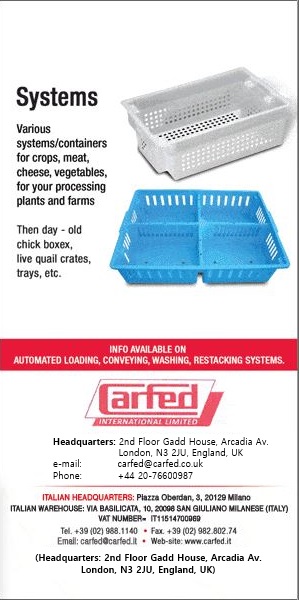Page 4 of 5
Garden of Eden
Graham Hatty employed 600 people in Zimbabwe growing wheat but is still on the learning curve for cassava and a complete sea-change from wheat.
"This is the Garden of Eden for us, everything grows here. It has been exciting coming here," he said. "I am doing what I love to do, which is to feed people, it is what I have done all my life. "It is quite ironic, I am here in Nigeria and I am told I am one of the biggest individual cassava grower in the country with around 600 hectares of cassava in the ground."
"To me this is the way for Africa. We have got to have commercial farmers to produce food," he told the BBC. Around 90 per cent the cassava is sent to Nigerian Starch Mills, who collect the fresh tubers on the farm. The rest of the tubers go to local consumers. Graham is innovating all the time and is now developing a cassava forage harvester with local engineers. Having purchased a regular forage harvester he needs to adapt the machine so that it can cope with the huge stem and leaf mass that has to be separated from the harvested root tubers.
Cassava markets
It’s all very well investing what appears to be infinitely large cassava crop but is there a market beyond Shonga and Kwara State.
"There certainly is" says Graham Hatty taking to Trade Investment Africa. "Cassava has an abundance of starch from which no less than 400 products can be made and there is glucose syrup which is a basic resource for 60 products, and not forgetting cassava flour. The guy from the starch factory we are dealing with says the orders he gets are four times more than what he can produce" said Graham "and someone involved with glucose syrup production told us that even if they process 2000 tonnes of tubers a day, they will still battle to meet the domestic market. There is a factory in Lagos that wants cassava chips but it is too far away. You need the factory close by. The glucose syrup guy said that he will set-up a factory in our area if we can guarantee that we will grow enough cassava. And we can."
"There are a lot of small scale Nigerian farmers around us. I’ve got thirty hectares of new cassava varieties from IITA in Ibadan which are currently being tested. Once we have established the optimum ones for our area they will be given to the local guys, so that everyone will be growing the right variety. "Whoever is interested in investing in our area must come and see us. We will show them the right people to deal with so that their project has government backing", Graham told Trade Investment Africa.
Huge demand
His wife Judy is equally enthusiastic about cassava. "We have discovered that most of the bread in Nigeria has got cassava flour in it. They need about 1000 tonnes of cassava flour a day and you need 4000 tonnes of cassava a day to produce that. No matter how much we plant it seems as if there will always be a demand for cassava. We have had a lot of interest from people wanting to set-up processing factories including a starch mill about 600 km from us". As always lack of transport is a perennial problem in Nigeria so perhaps bringing the cassava mill to the established and reliable cassava production sites like Shonga is the most sensible way forward.
European buyers have already approached Shonga Farms to buy cassava chips for production of ethanol, but according to Graham transport and poor roads is a perennial problem and reliable transporters are urgently required before any business like this can really take off. Shonga has already found itself in the sad and costly position of having a cassava crop and a buyer ready to purchase at a good price but with no transport available to get it off farm. Fortunately cassava can stay in the ground for up to two or three years and doesn’t have to be dug up at a certain time so time is still on their side.









